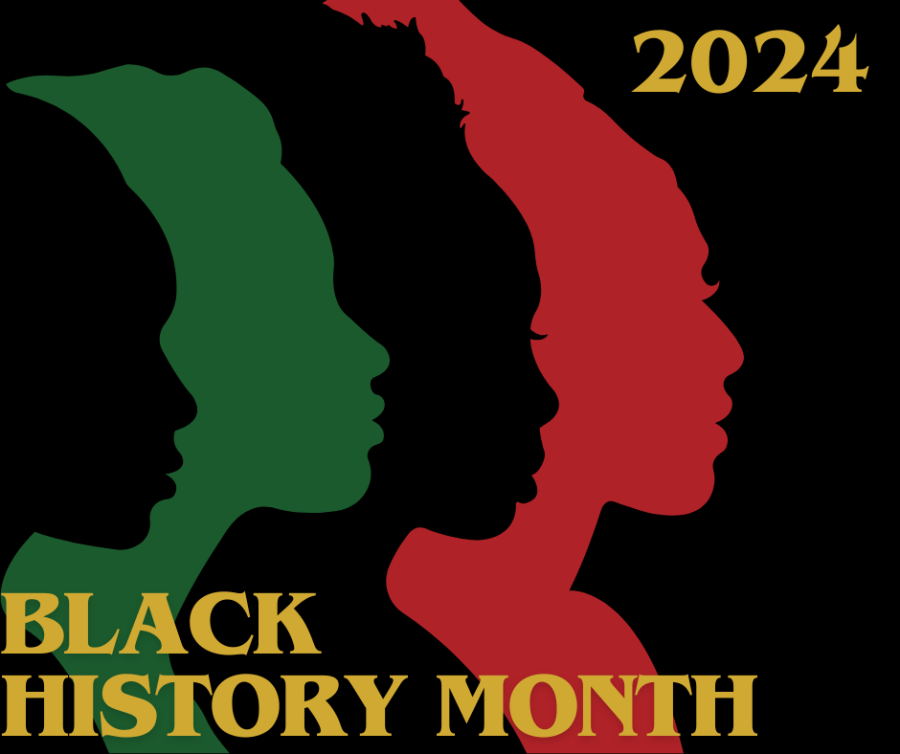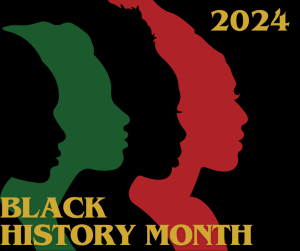
The Council on Library and Information Resources (CLIR) has been awarded a $5 million grant from the Mellon Foundation to fund the third cycle of the Digitizing Hidden Special Collections: Amplifying Unheard Voices regranting program and its related operations.
This eagerly awaited second renewal continues the thematic focus, emphasizing collections centered around historically marginalized individuals. It aims to amplify the voices, work, experiences, and perspectives of those insufficiently recognized or overlooked. Since its inception in 2015, Digitizing Hidden Collections has made a profound impact, disbursing over $28 million to digitally preserve and disseminate rare and unique content held within cultural memory institutions.
The upcoming call, Digitizing Hidden Special Collections: Amplifying Unheard Voices, presents an unprecedented opportunity for eligible nonprofit organizations throughout the United States and Canada to digitize materials of any format, ensuring their availability for future generations. By providing crucial funding to a diverse cohort of academic, independent, and community-based organizations, CLIR seeks to unlock access to previously inaccessible or underutilized collections.
CLIR board chair Dr. Guy Berthiaume underscored the initiative’s significance, stating, “Documentary heritage is a cornerstone of all democratic societies and is an essential resource for supporting economic, social, legal, and cultural domains and fostering innovation. Thanks to the support of the Mellon Foundation and CLIR, partner institutions will be able to offer immediate and unlimited access to documentary resources fundamental to our understanding of the world around us.”
President of CLIR Charles Henry says, “This generous Mellon Foundation award allows CLIR to continue to enrich our collective history, to augment with rigor and compassion the narratives that shape our identity, empower our agency, and instill harmony to once silent voices.”
An evaluation process awaits the proposal submissions, with a review panel comprising esteemed scholars and practitioners from the United States and Canada, representing a broad array of disciplines. The awardees will be chosen through a thorough two-part review process, ensuring that a diverse group of projects receive the required support to elevate these unheard voices to the forefront of public consciousness.
Please visit the CLIR website to stay informed about the latest developments regarding the program, including updates on the opening call for proposal submissions in August 2024, the schedule, applicant webinars, and more. Signing up for the Grants and Programs mailing list will give you timely notifications and information, including details outlining the eligibility criteria and application process to encourage potential applicants to participate.




















